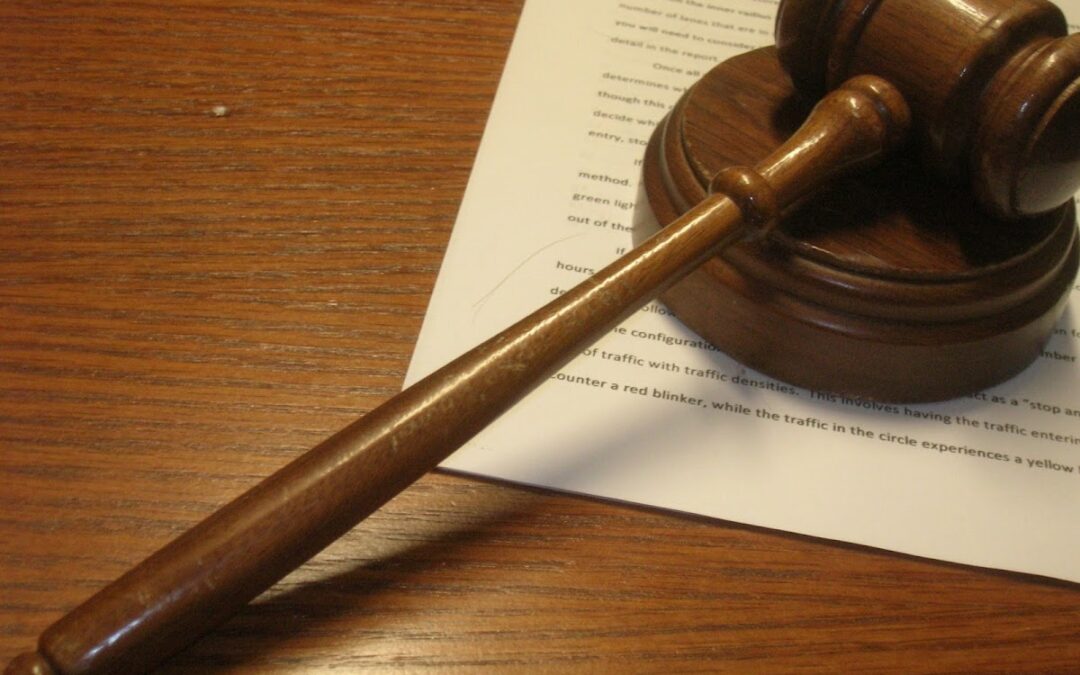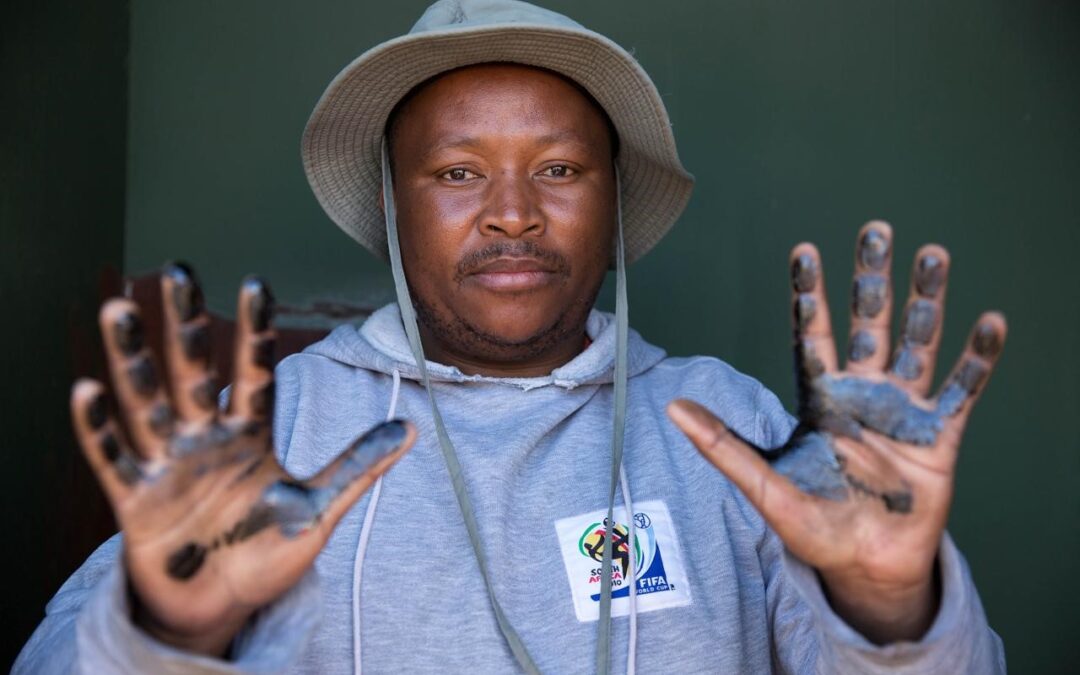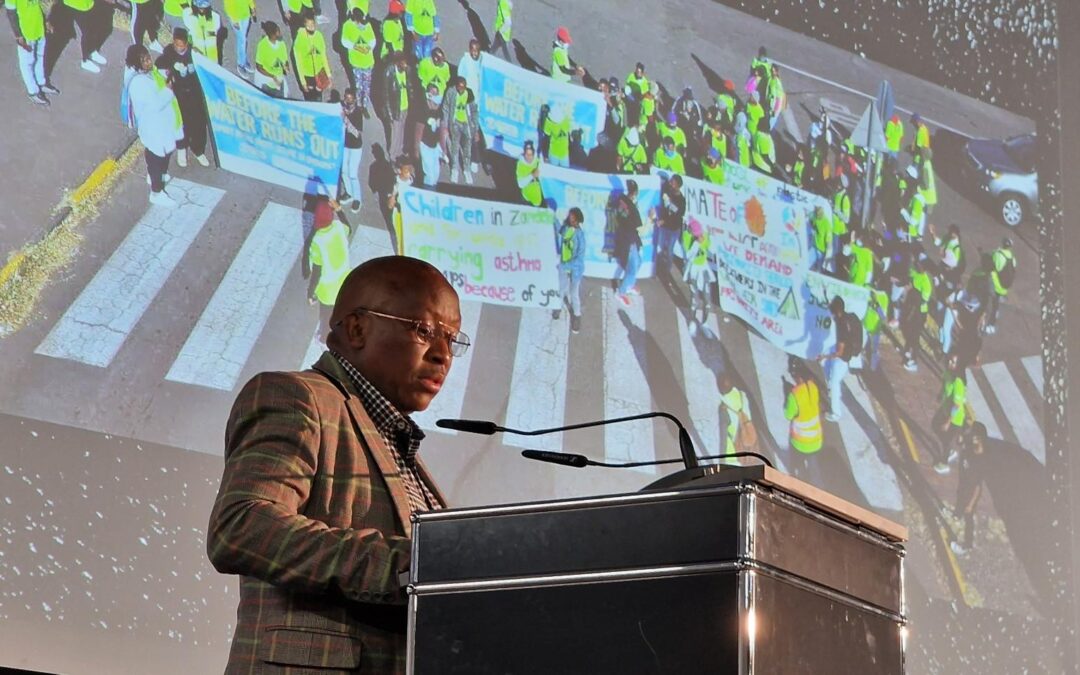
Every piece of waste legislation has been contravened by the site
Musa Chamane
The New England landfill site can now be correctly referred to as a dumpsite as it has become a fixed or permanent problem for the city residents. In addition to being a hub for the city’s waste, it has seen its fair share of mismanagement, corruption, political squabbling, murders, violence, and fires that produce toxic fumes and unfairly affect the entire population of Pietermaritzburg.
In 2002 as a student at the then University of Natal in Pietermaritzburg, I learnt that the New England Landfill site had approximately 7 years left in its lifespan. This means the site should by now have been closed, rehabilitated or repurposed around 2008 and replaced with a new site or an alternative approach to deal with the city’s waste adopted. Fast forward to 2020, the site is still in operation and its extended existence is proving to be catastrophic if not deadly for the city and the people of Pietermaritzburg.
The recent fire which is still ablaze is nothing new, as one community member said, ‘This is now an annual event”. Landfill fires are considered by waste experts as the least desirable outcome for environmental and public health, and sadly are the usual result from a very poorly operated waste management system. This open and uncontrolled burning of landfill sites and the waste therein poses many risks – they pose a significant threat to the environment and also to human health through the hazardous chemical compounds they emit to those exposed directly to the smoke and windblown ash during and after the fire.
These hazardous chemical compounds especially affect people with compromised immune systems and those with sensitive respiratory systems, as well as young children and the elderly. In the short term, exposure to smoke can cause headaches, nausea, and rashes. Over time, regular landfill fires exposures can increase the risk of chronic health impacts such as certain cancers and heart disease. This is because in the landfill smoke there are many harmful chemicals such as heavy metals, volatile organic substances and a particularly potent family of cancer causing chemicals called dioxins and furans. These particularly harmful chemicals have regularly been recorded in landfill fires (these are cancer causing chemicals formed when organic waste is burnt in the presence of PVC which makes up many common plastics), and are known to cause reproductive impairment and cancer in humans. Additionally, chemicals such as Arsenic, Mercury, PCBs, Lead, Carbon monoxide, Nitrogen oxides, Sulphur oxides, Hydrochloric acid – all harmful to human health are commonly recorded in landfill fires. Some of these chemical pollutants can also end up in the ash after the fire and therefore they can be inhaled as it gets blown on the wind. So therefore the combination of the smoke and the ash after the fire will deteriorate the quality of the ambient air quality in Pietermaritzburg.
SavePMB has advised exposed residents that environmental health is compromised and people in the vicinity of the fire must move out of their homes. We are in general agreement with this statement if people are directly exposed and are breathing in smoke – e.g. if the smoke is not coming into their homes then the risk is less, however if people’s homes are flooded in smoke and they experience difficulty breathing and have an acrid taste in their mouths then they should definitely evacuate from that place.
The ills that we see at this dump is as a result of deliberate negligence of the landfill and it has been reserved by corrupt politicians to further their interest. The dumpsite should be covered with soil daily and waste materials should be compacted. Dust suppressor truck should always be there to make sure that dust is supressed and can be utilised in case of fire hazard but that is not being practised because the site is run by political appointments. In South Africa we have over 100 landfills/dumpsites with waste pickers on site. There is no dumpsite that constantly burns like the Pietermaritzburg one. Medical waste drips and syringes, PPE masks, hospital gloves were recently observed by us on the dumping site even though we are aware that this is not a medical waste site – only domestic waste is allowed.
Back in 2011 R21 million was given by cooperative governance (COGTA) to the district to construct a materials recovery facility (MRF) in the city. An MRF is a waste sorting infrastructure which was would have diverted recyclable waste ending up on the landfill by more than 60% – most materials would have been recycled. This would have been a very good “forward looking plan” by the district and COGTA. The money was received, MRF plans were designed, sites identified, waste pickers were trained and organised into a cooperative all was going smoothly…. But as the system was about to be implemented, the district and local municipality had a fallout about the proposed MRF and as a result the MRF was never built because of some political squabbles. COGTA took back the unspent funds!
Similarly, the dumpsite licence was issued by someone other than the appropriate government department – in normal circumstances the licence for this dumpsite would have been revoked. Every piece of Waste legislation has been contravened by the poor management of the site, howeverthe site is still open. Communities of Hayfeilds, Sobantu, Lincoln Meade, Mkondeni, demands answers and that is why they have organised a protest against the landfill management.
Every Pietermaritzburger has had a dose of toxic fumes from the latest incident over the last 3 days and it’s a pity especially for those that are in hospital battling COVID 19 as we know that most victims suffer respiratory challenges. They’re battling to get oxygen into their system and the landfill smoke makes it worse. One Sobantu family had to be evacuated from their house due to prolonged exposure to smoke that lead to a baby failing to breath properly… and what about those poor folks that do not have alternative accommodation?
Musa Chamane is a Waste Campaign Manager at groundWork, Friends of the Earth SA.
This opinion piece also appeared as an article in The Mercury. You can view the original press clipping here. You can view/download a standalone webpage of the item here.



